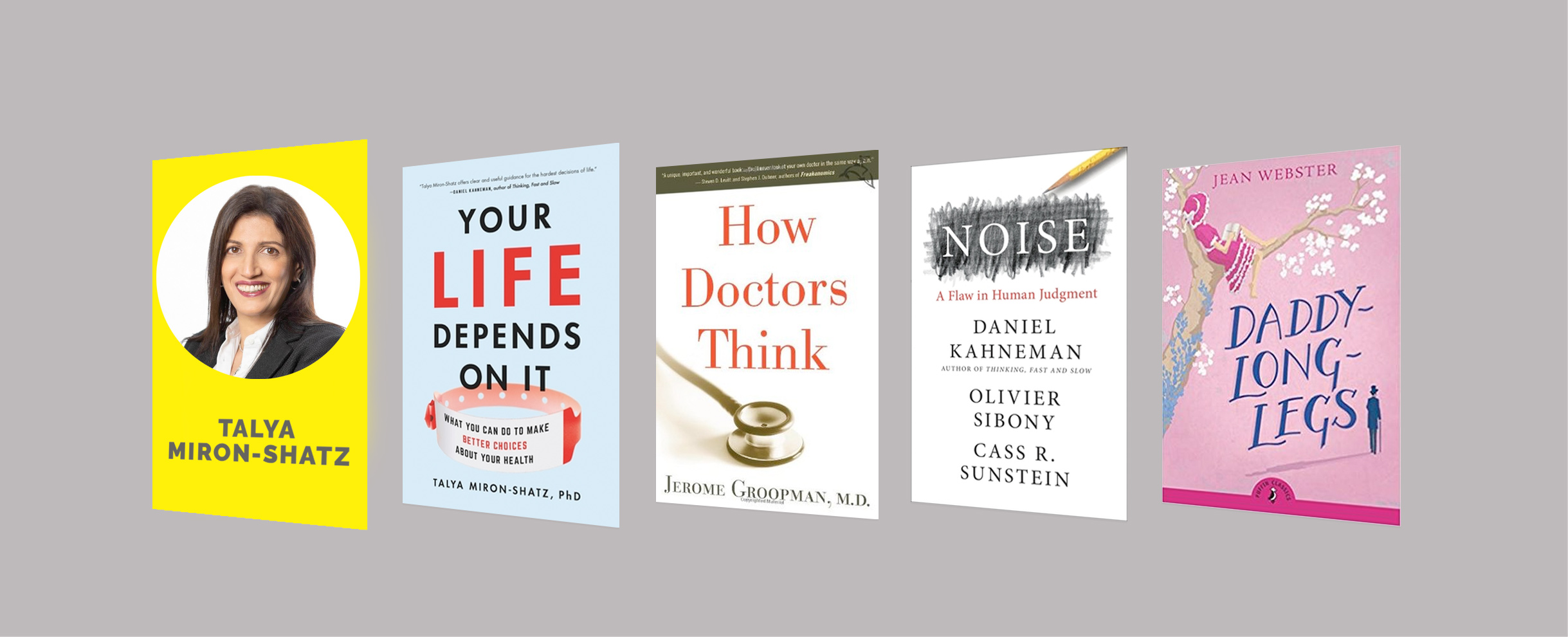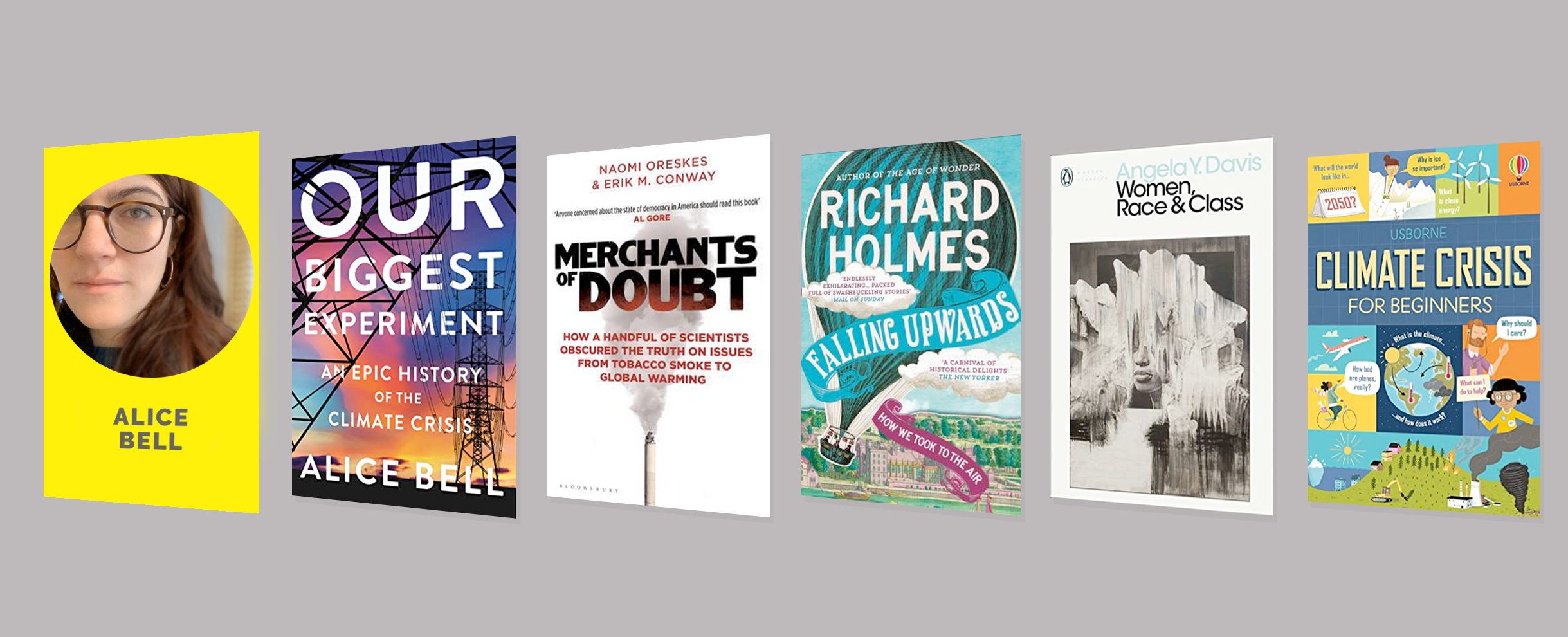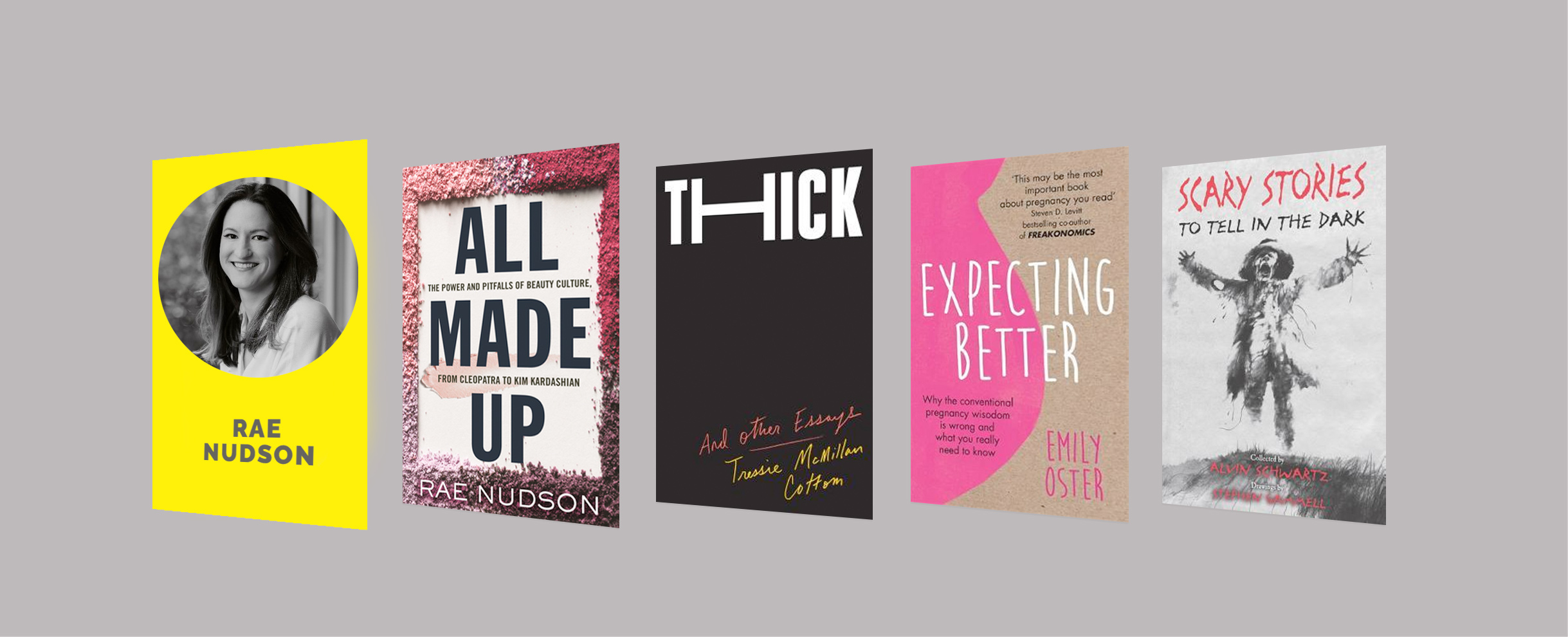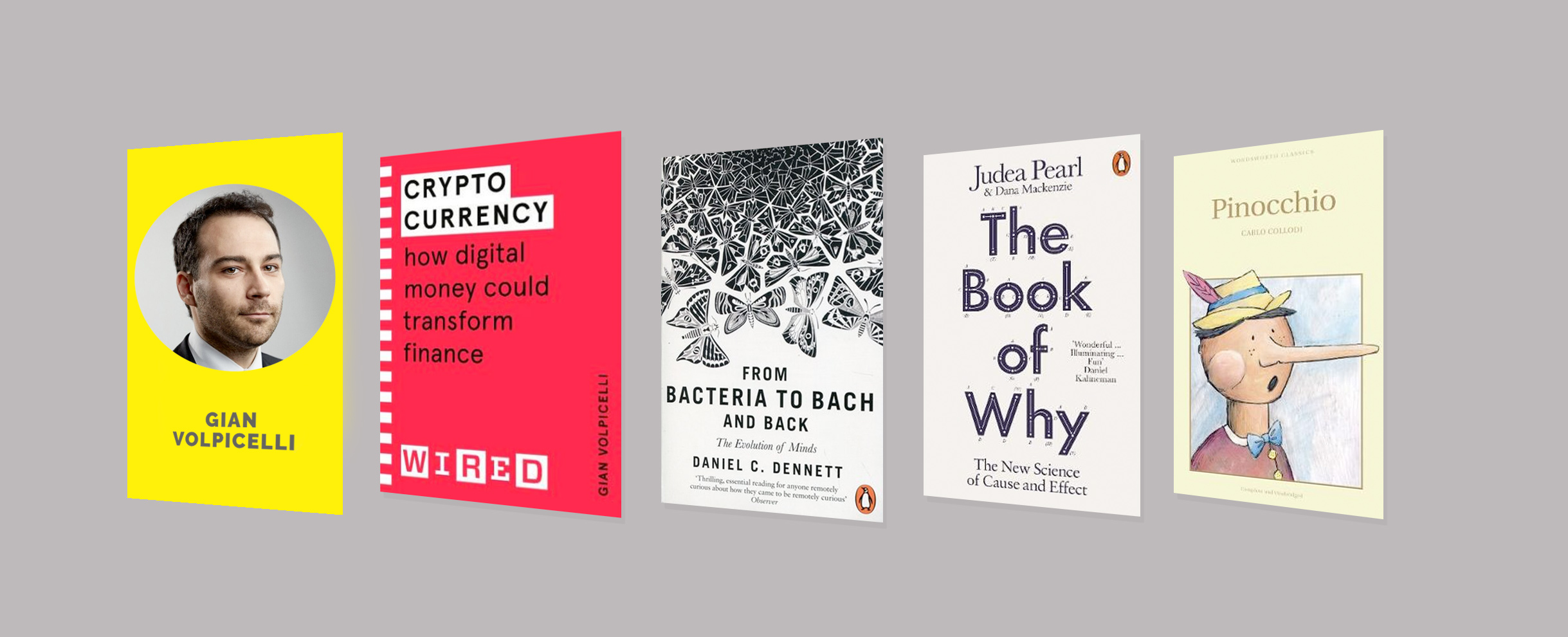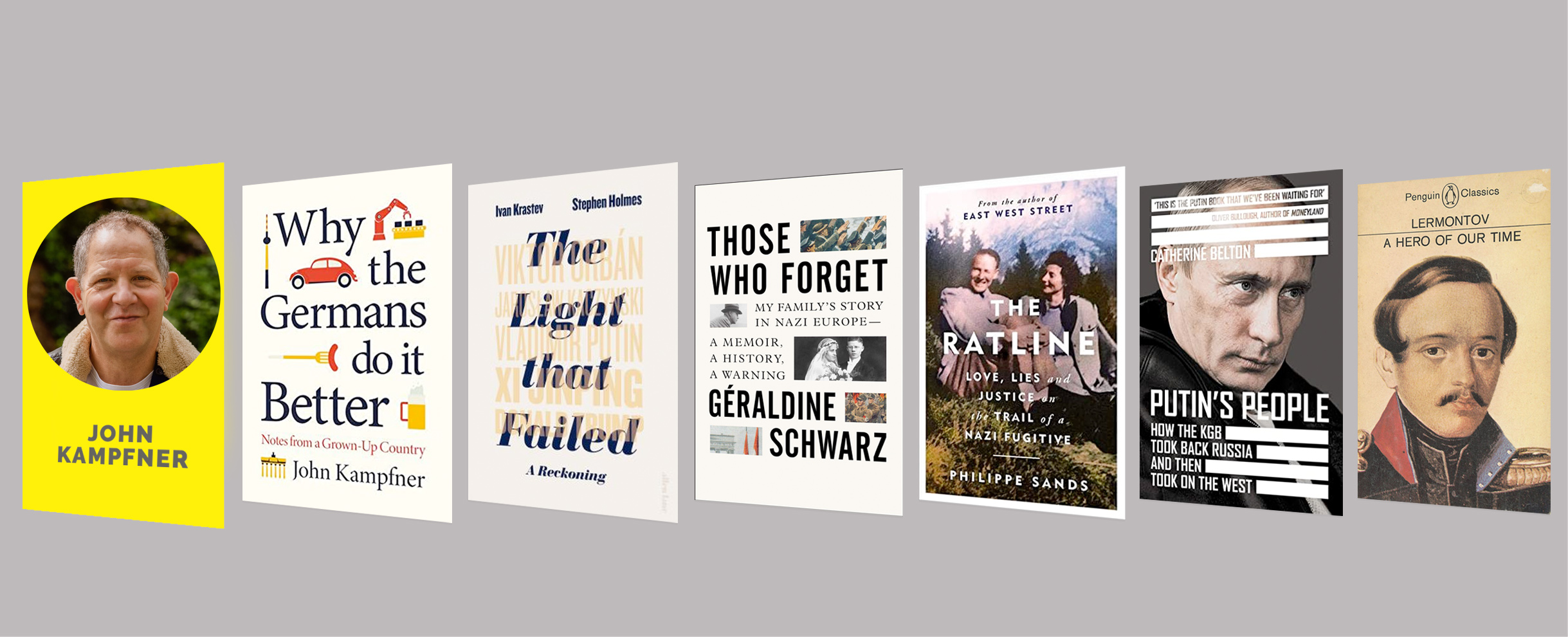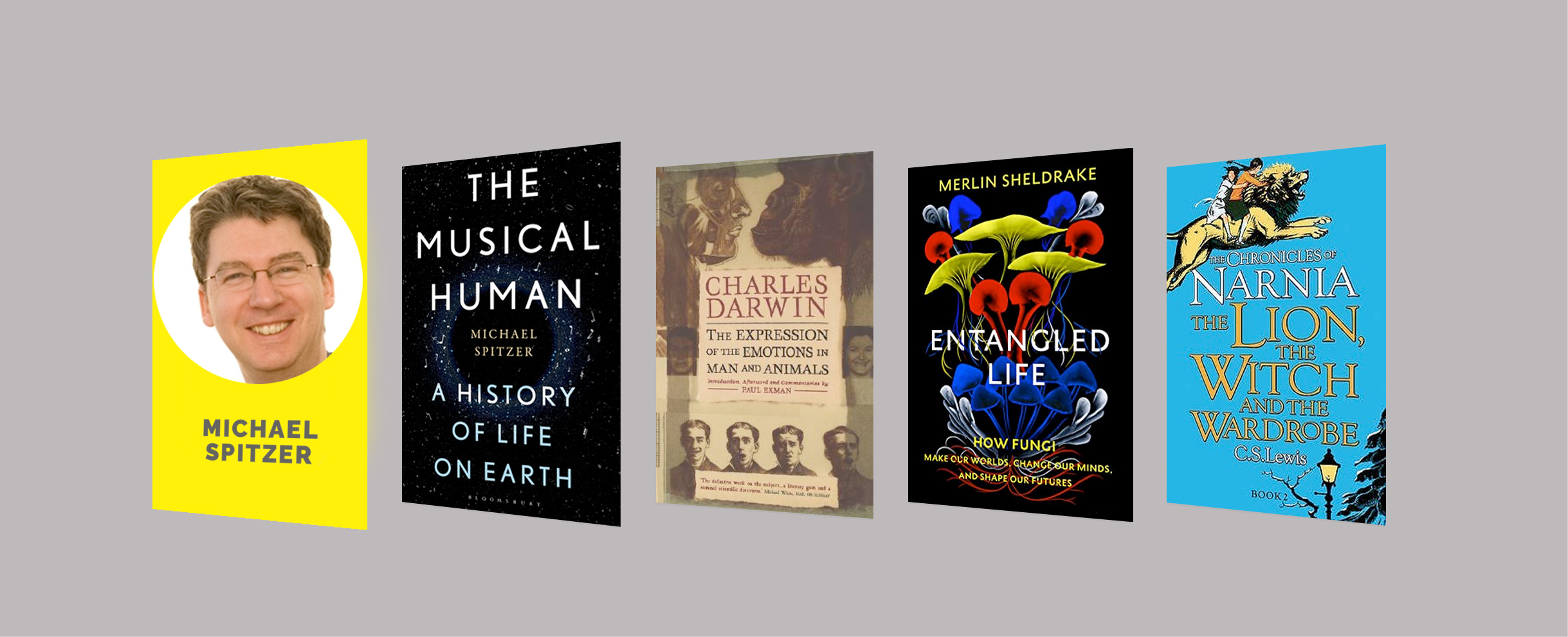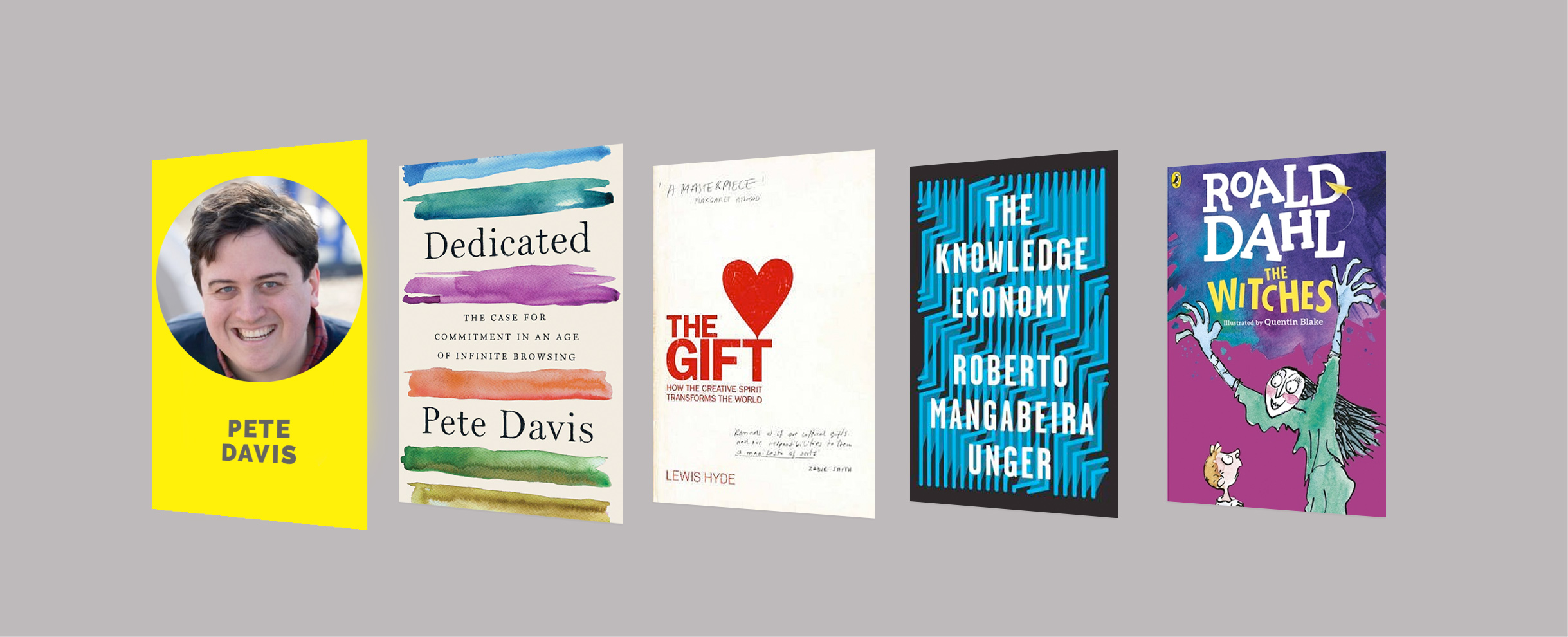Interview with Pedro Gomes, author of Friday is the New Saturday: How a Four-Day Working Week Will Save the Economy
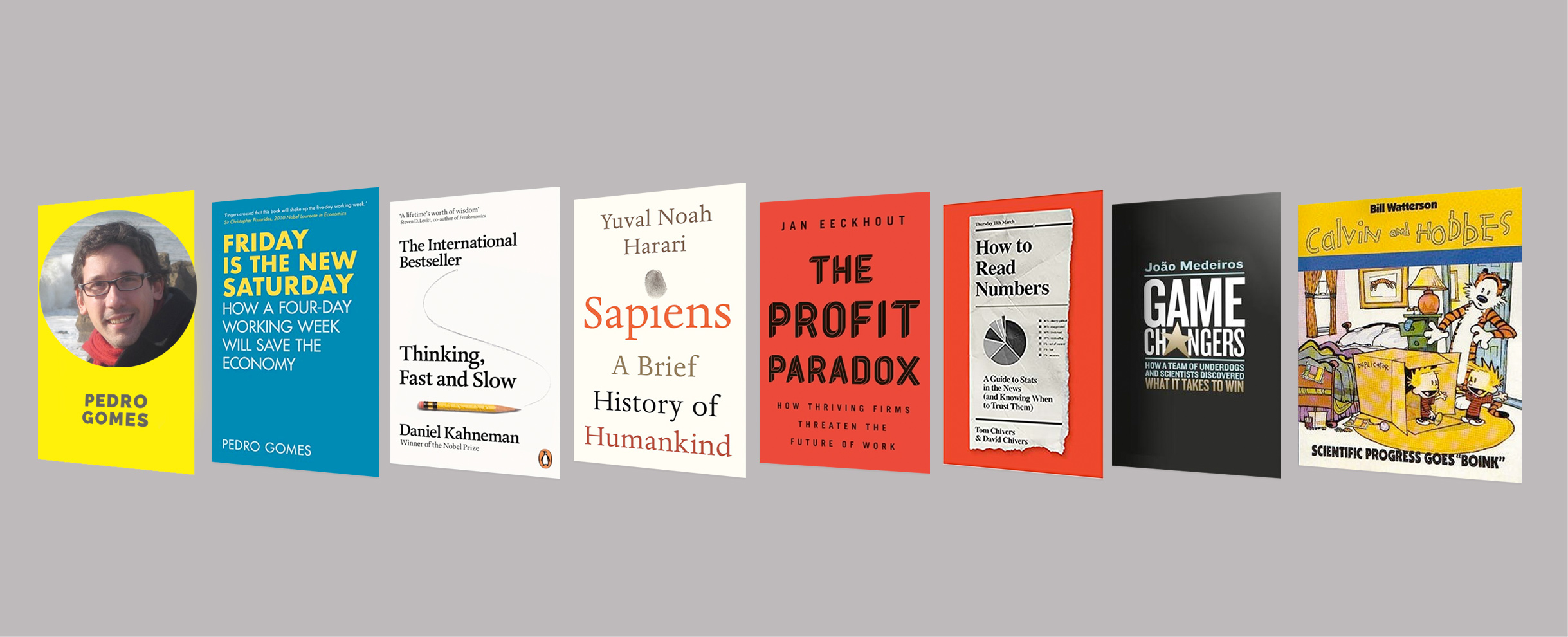
Pedro Gomes, author of Friday is the New Saturday: How a Four-Day Working Week Will Save the Economy recommends a fascinating list of books! Before jumping into the interview, please check out Pedro's book:
Review from Book Depository:
Friday is the New Saturday makes a compelling, provocative and timely case for societal change. Drawing on an eclectic range of economic theory, history and data, Dr Pedro Gomes argues that a four-day working week will bring about a powerful economic renewal for the benefit of all society. It will stimulate demand, productivity, innovation and wages, whilst reducing unemployment and crushing populist movements. The arguments come from both the left and right of the political spectrum to show that a polarised society can still find common ground.
(All affiliate links earn commission from purchases that help fund this site. Prices accurate at time of writing)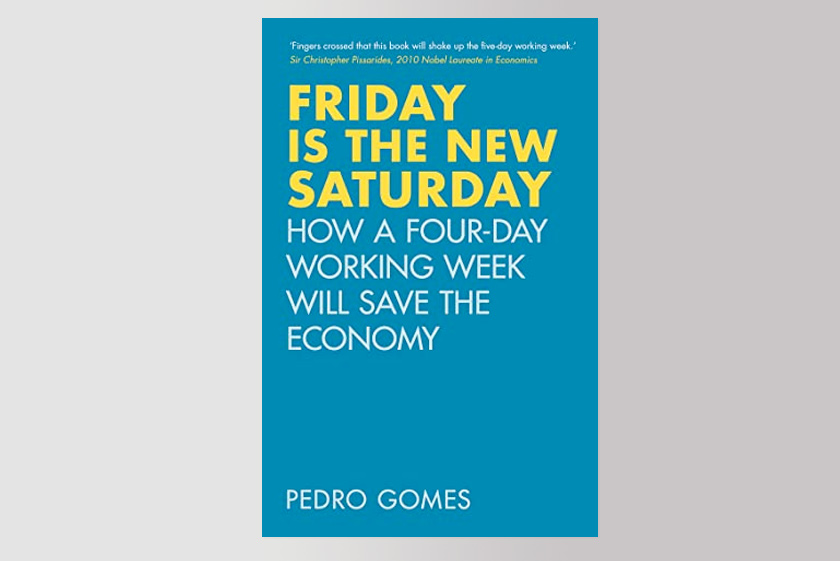
Friday is the New Saturday: How a Four-Day Working Week Will Save the Economy
In the 1800s, people in the West worked six days each week, resting on Sundays. In the 1900s, firms began to give workers Saturdays off as well, realising that a two-day weekend helped the economy. In the 2000s, Friday will become the new Saturday, and we will never look back.
Buy On:
Book Depository €16.90
Waterstones £16.99
Wordery $18.83
Q. Do you have a favourite smart thinking book (and why that book)?
The two smart thinking books I find more fascinating are Thinking, Fast and Slow by Daniel Kahneman and Sapiens: A Brief History of Humankind by Yuval Noah Harari. Both are impressive because of their broad scope and academic power, allied with an admirable flow in writing.
Review From Book Depository: Why is there more chance we'll believe something if it's in a bold type face? Why are judges more likely to deny parole before lunch? Why do we assume a good-looking person will be more competent? The answer lies in the two ways we make choices: fast, intuitive thinking, and slow, rational thinking. (All links earn commission from purchases. Prices accurate at time of writing) A fascinating whirlwind tour of the history of the human species, from cave paintings to the industrial revolution onwards. Provocative concepts delivered with effortless eloquence, well that's how well it reads anyway. (All links earn commission from purchases. Prices accurate at time of writing)

Thinking, Fast and Slow
Buy On:
Easons €14.29
Book Depository €11.68
Waterstones £10.99
Wordery $15.16

Sapiens: A Brief History of Humankind
Buy On:
Easons €10.44
Book Depository €11.56
Waterstones £10.99
Wordery $13.25
Q. What's the most recent smart thinking book you've read (and how would you rate it)?
This summer I read three books. The Profit Paradox: How Thriving Firms Threaten the Future of Work by the economist Jan Eeckhout. Anyone interested in Economics should read this book. Competition between firms is vital for capitalism to function well, but since the 1980s, large firms with too much market power are asphyxiating our economies. A lighter and funnier reading is How to Read Numbers: A Guide to Stats in the News (and Knowing When to Trust Them) by Tom Chivers and David Chivers. It is probably the easiest, most accessible guide to interpret basic statistics I have read. Anyone who wants to dive into statistics and data analysis should start with this book. I also read Game Changers: How a Team of Underdogs and Scientists Discovered What it Takes to Win by João Medeiros. It is a brilliant story of how coaches and sports scientists revolutionized how sport is understood, improved athletes, and created winning teams - an excellent book for anyone who likes sports and science.
Review from Book Depository:
A pioneering account of the surging global tide of market power-and how it stifles workers around the world
In an era of technological progress and easy communication, it might seem reasonable to assume that the world's working people have never had it so good. But wages are stagnant and prices are rising, so that everything from a bottle of beer to a prosthetic hip costs more. Economist Jan Eeckhout shows how this is due to a small number of companies exploiting an unbridled rise in market power-the ability to set prices higher than they could in a properly functioning competitive marketplace. Drawing on his own groundbreaking research and telling the stories of common workers throughout, he demonstrates how market power has suffocated the world of work, and how, without better mechanisms to ensure competition, it could lead to disastrous market corrections and political turmoil.
(All links earn commission from purchases. Prices accurate at time of writing) Review from Book Depository:
Every day, most of us will read or watch something in the news that is based on statistics in some way. Sometimes it'll be obvious - 'X people develop cancer every year' - and sometimes less obvious - 'How smartphones destroyed a generation'. Statistics are an immensely powerful tool for understanding the world; the best tool we have. But in the wrong hands, they can be dangerous.
(All links earn commission from purchases. Prices accurate at time of writing) Review from Book Depository:
At the 1996 Atlanta Olympics, Great Britain ranked thirty-sixth in the medals table, finishing below countries like Algeria, Belgium and Kazakhstan. It was their worst ever record, a dismal performance labelled a national disgrace. But then something happened. In Sydney in 2000 and then Athens in 2004, Team GB achieved a much more respectable tenth place. By 2016, in Rio, they finished second, above China and Russia, with sixty-seven medals. How have they so convincingly reversed their fortunes?
(All links earn commission from purchases. Prices accurate at time of writing)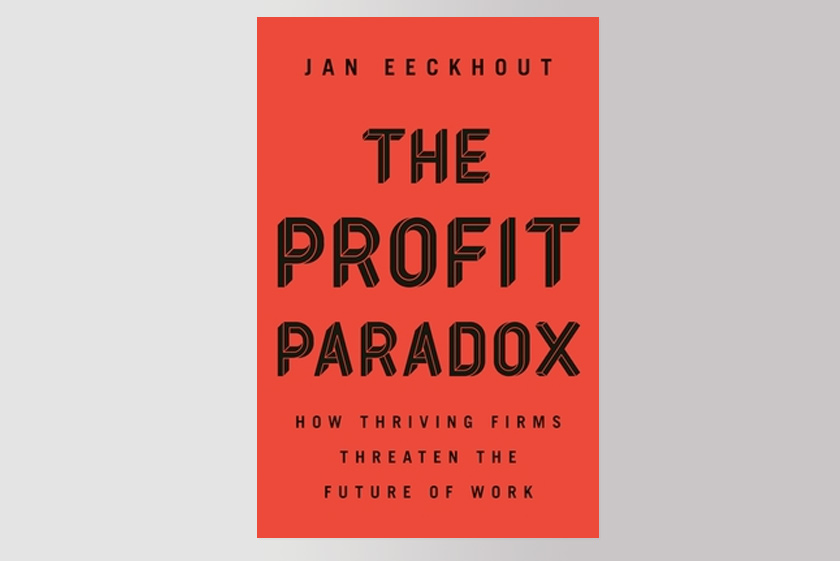
The Profit Paradox: How Thriving Firms Threaten the Future of Work
The Profit Paradox describes how, over the past forty years, a handful of companies have reaped most of the rewards of technological advancements-acquiring rivals, securing huge profits, and creating brutally unequal outcomes for workers. Instead of passing on the benefits of better technologies to consumers through lower prices, these "superstar" companies leverage new technologies to charge even higher prices. The consequences are already immense, from unnecessarily high prices for virtually everything, to fewer startups that can compete, to rising inequality and stagnating wages for most workers, to severely limited social mobility.
A provocative investigation into how market power hurts average working people, The Profit Paradox also offers concrete solutions for fixing the problem and restoring a healthy economy.
Buy On:
Book Depository €20.25
Waterstones £20.00
Wordery $23.16
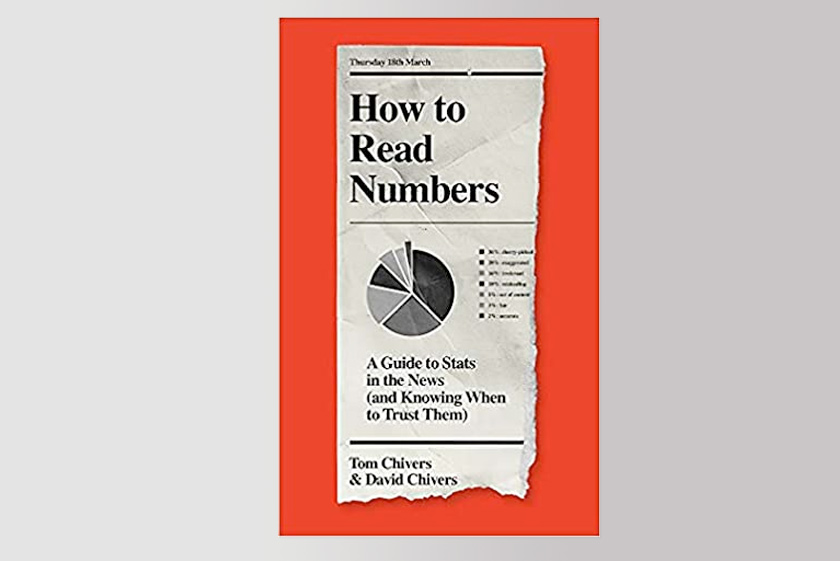
How to Read Numbers: A Guide to Stats in the News (and Knowing When to Trust Them)
This book will help you spot common mistakes and tricks that can mislead you into thinking that small numbers are big, or unimportant changes are important. It will show you how the numbers you read are made - you'll learn about how surveys with small or biased samples can generate wrong answers, and why ice cream doesn't cause drownings.
We are surrounded by numbers and data, and it has never been more important to separate the good from the bad, the true from the false. HOW TO READ NUMBERS is a vital guide that will help you understand when and how to trust the numbers in the news - and, just as importantly, when not to.
Buy On:
Book Depository €10.89
Waterstones £9.99
Wordery $15.06
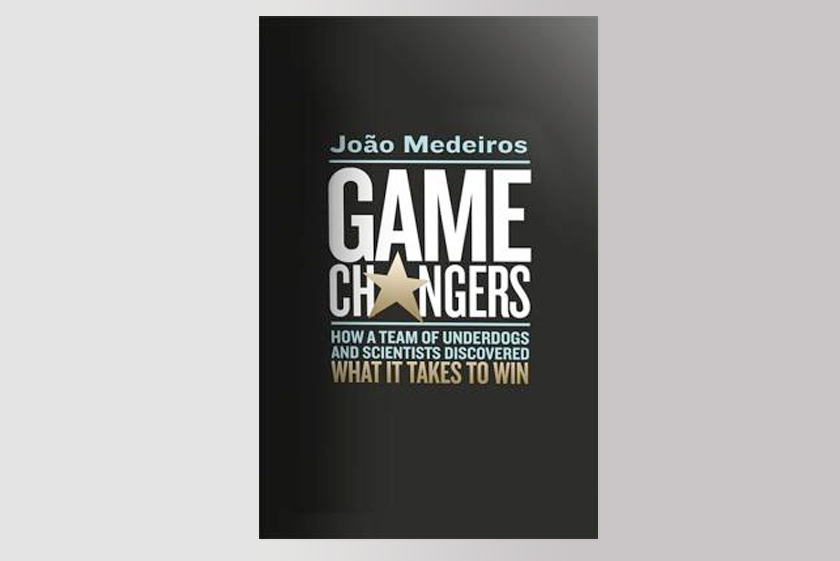
Game Changers: How a Team of Underdogs and Scientists Discovered What it Takes to Win
In Game Changers we meet the coaches and sports scientists who rethink how sport is analysed and understood, how athletes train and perform under pressure. In Liverpool in the 1980s, a motley group - a mathematician, a physiologist, a psychologist and a former Olympic basketball player - began to pioneer new ways of tracking performance. Over the decades that followed, performance analysis came of age, becoming an essential component of any elite team, from English Premier League title winners Manchester City to America's Cup high-performance sailing teams.
Using a hybrid of scientific method and trial-and-error, scientists have uncovered the tenets of accelerated learning, the mechanics of physiological adaptation, the organisational principles behind elite teams, the understanding of how hormones and environment affect performance. These discoveries are not confined to athletic endeavours - they are universal and reveal what it takes to win not only in sports, but are applicable across a wide range of disciplines, including business, leadership and education.
Buy On:
Easons €26.56
Book Depository €12.37
Waterstones £18.99
Wordery $23.35
Q. Do you have a favourite childhood book?
When I was young, I devoured all the Calvin & Hobbes books, by Bill Watterson. I still love them. They are hilarious and often very profound. It is hard to select a favourite but I would probably pick Scientific Progress Goes "Boink".
Review From Book Depository:
Calvin, cheeky, hyperactive and mischievous, and Hobbes, his cuddly toy tiger who, as far as Calvin is concerned is very much alive and kicking, are two of the most loveable and hilarious characters to grace the comic strip in years.
(All links earn commission from purchases that help fund this site. Prices accurate at time of writing)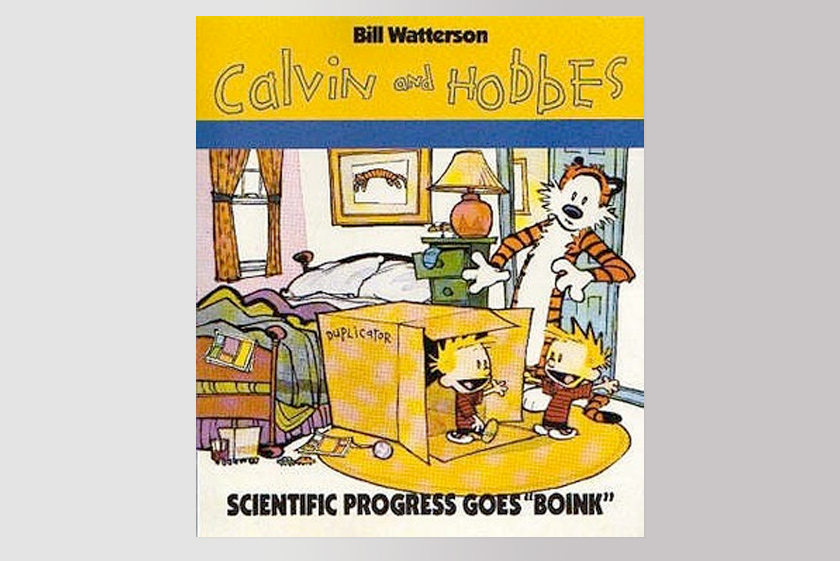
Scientific Progress Goes "Boink"
Buy On:
Easons €15.39
Book Depository €9.31
Waterstones £10.99
Wordery $14.79
Q. Do you prefer reading on paper, Kindle or listening to an audiobook?
Paper, paper, paper! I never tried Kindle and the only audiobooks I listened were A Feast for Crows and A Dance with Dragons, by George R.R. Martin. I listened to them while training in the swimming pool. It was quite an immersive experience, but I still prefer paper.
Q. Do you have a favourite bookshop (and why that shop)?
I loved The Economists' Bookshop at the London School of Economics. When doing my PhD, I spent hours in that bookshop, especially around their second-hand collection. I was heart-broken to hear that it closed after 74 years, a victim of the pandemic.
Many thanks to Pedro for some fascinating book recommendations! Please don't forget to check out Pedro's book Friday is the New Saturday: How a Four-Day Working Week Will Save the Economy.
Daryl
Image Copyrights: The History Press Ltd (Friday is the New Saturday), Princeton University Press (The Profit Paradox), Orion Publishing Co (How To Read Numbers), Little, Brown Book Group (Game Changers, Scientific Progress Goes "Boink").
< Home

